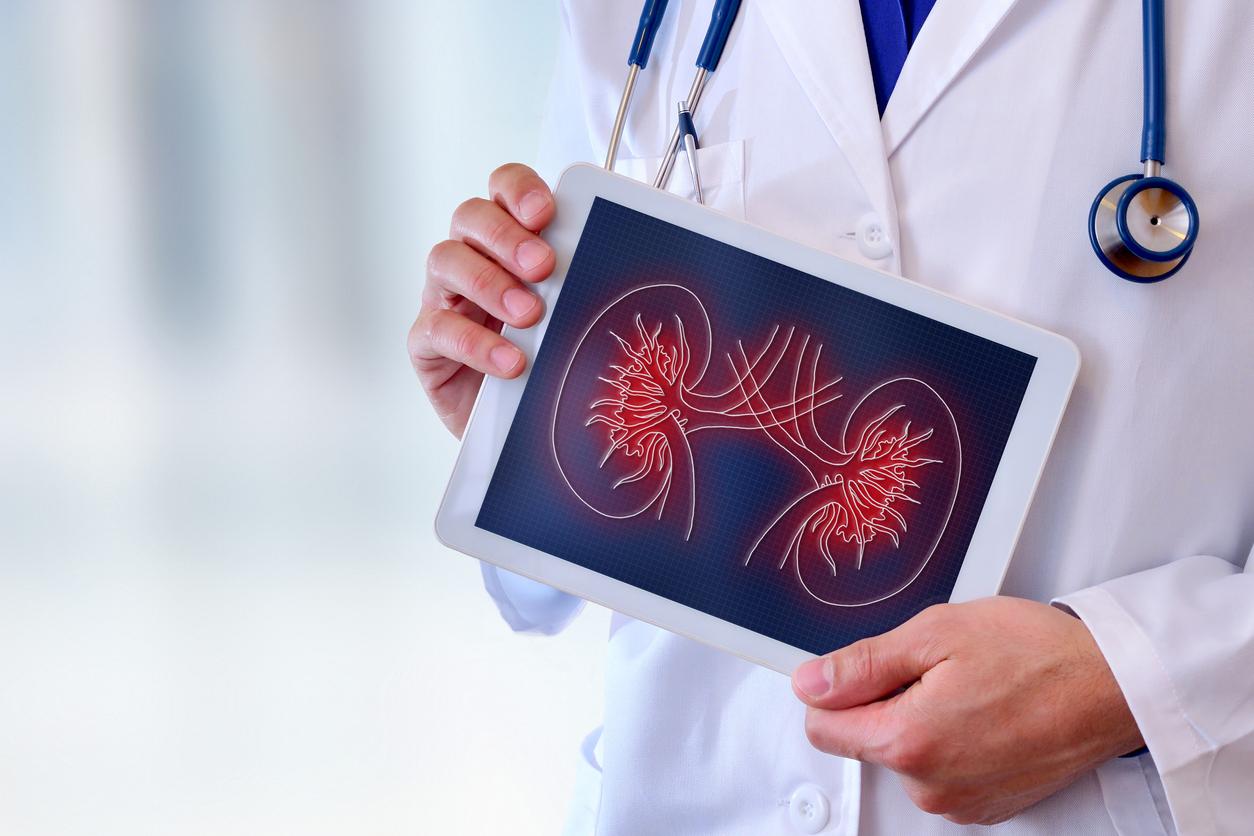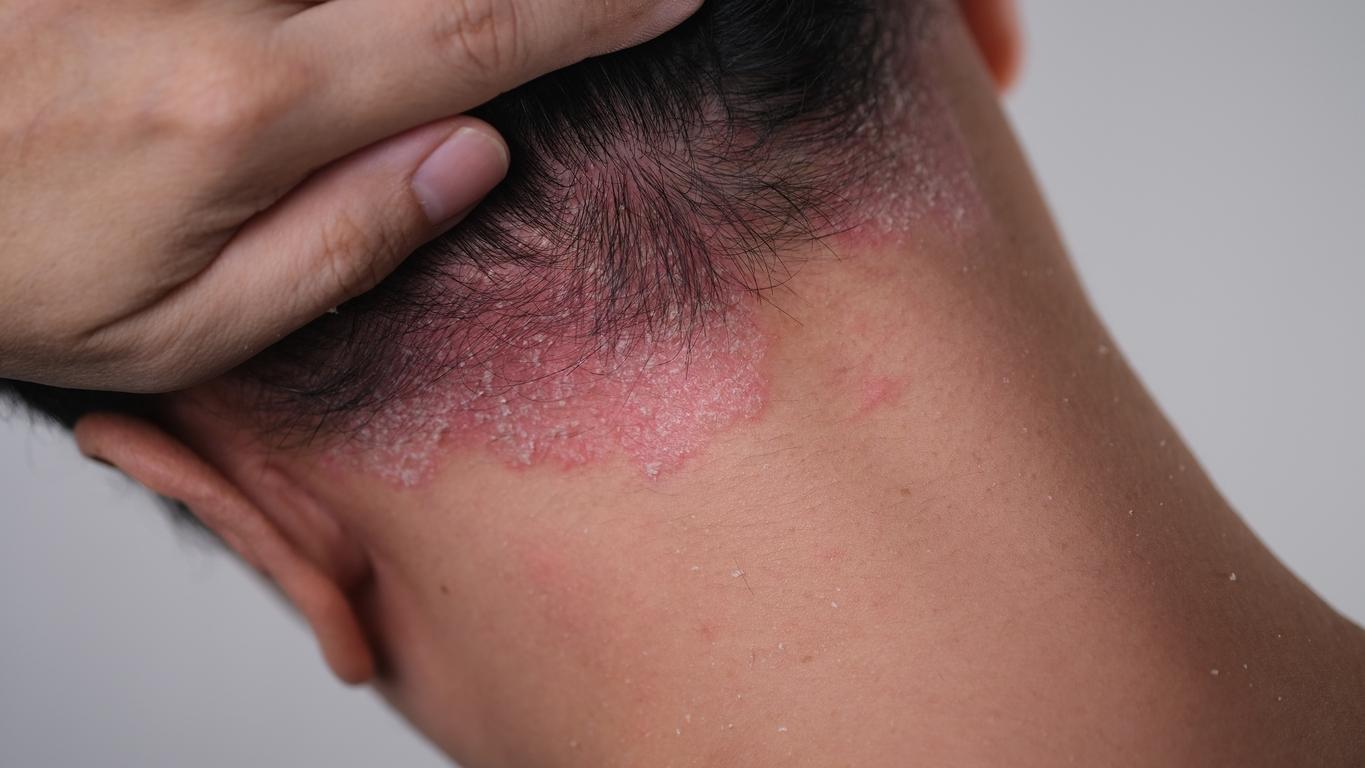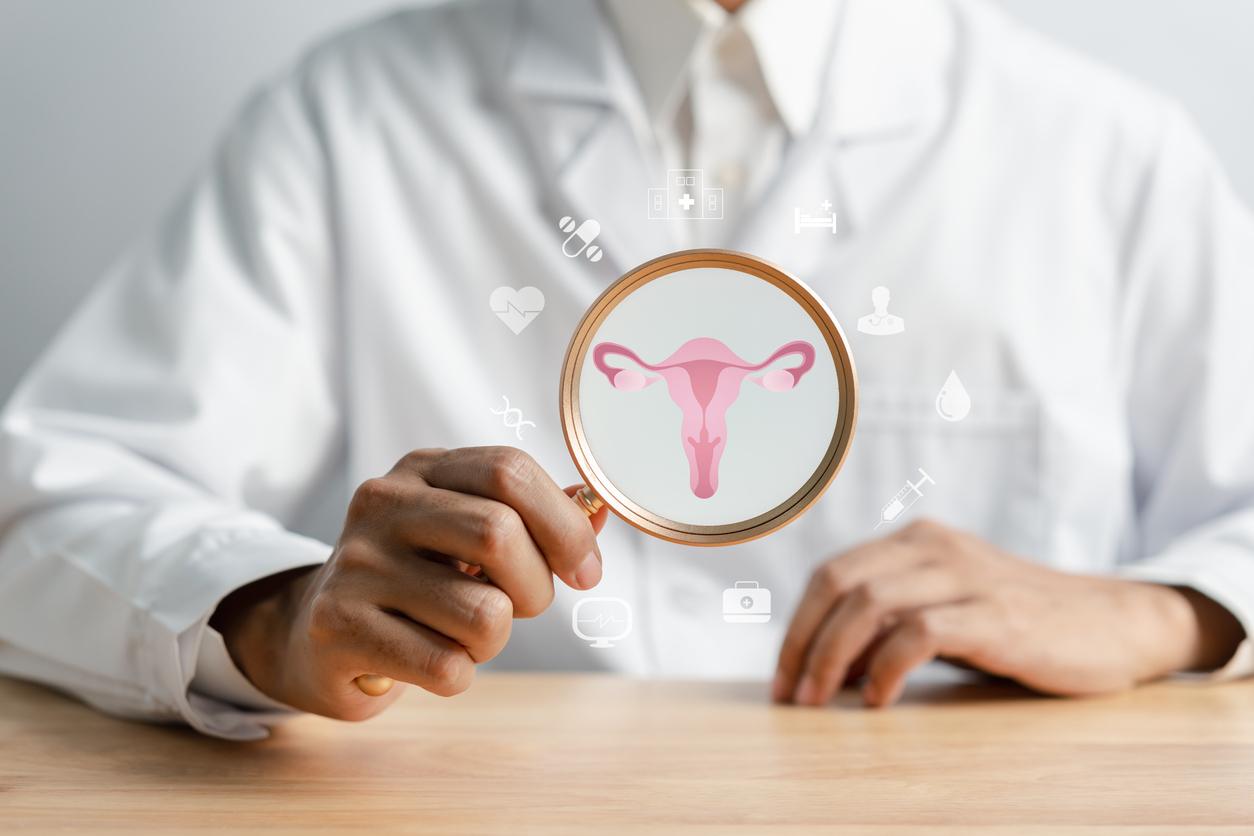The study, conducted on 84 young women, shows that high levels of ghrelin, a hormone that stimulates appetite, are associated with more impulsiveness in monetary decisions.

- Conducted on 84 participants aged 10 to 22, some of whom suffered from anorexia nervosa, the study shows that those with high levels of ghrelin tended to accept an immediate, but less significant financial reward, while the others preferred to wait for get a bigger gain.
- The study also shows that high or low levels of ghrelin did not influence the decision-making of participants with anorexia nervosa.
Discovered just over twenty years ago, ghrelin is a hormone produced by the stomach and pancreas that stimulates appetite by communicating with neurons which then send signals to the hypothalamus, involved in the processing of reward. Commonly called the “hunger hormone”, greline would also have an influence on our decision-making in financial management.
This is shown by a new study presented at ENDO 2021, the annual meeting of the Endocrine Society which was held this year virtually, and conducted by researchers from Massachusetts General Hospital (United States). According to them, high levels of ghrelin can cause impulsive monetary behavior.
“Our results indicate that ghrelin may play a broader role than previously recognized in reward-related behavior and decision-making in humans, such as monetary choices, explains Franziska Plessow, lead author of the work. We hope this will inspire future research into its role in food-independent human perception and behavior.”
More impulsive monetary choices
This study involved 84 participants aged 10 to 22 years. Fifty of them suffered from an eating disorder linked to being underweight such as anorexia nervosa, and 34 were healthy control participants.
The research team tested the volunteers’ blood ghrelin levels before and after an identical meal for all participants, who had previously been fasting. After the meal, all took a test of hypothetical financial decisions, called a “delay discounting task”: they were asked to make a series of choices to indicate their preference for a lower immediate cash reward or a higher deferred amount of cash. large, for example $20 today or $80 in 14 days.
The results showed that healthy girls and young women who had higher ghrelin levels were more likely to choose the immediate but smaller monetary reward rather than expecting a larger sum of money. This preference indicates, according to the researchers, more impulsive choices.
No influence of ghrelin in young anorexic women
Interestingly, the scientists noticed that high or low levels of ghrelin had no effect in participants with anorexia nervosa, regardless of their age. Previous studies have already shown that people with this eating disorder generally have resistance to ghrelin. This new study confirms this hypothesis.
.















